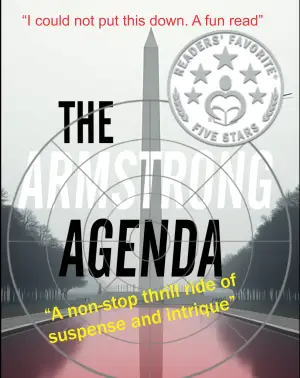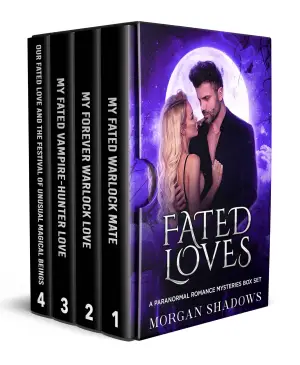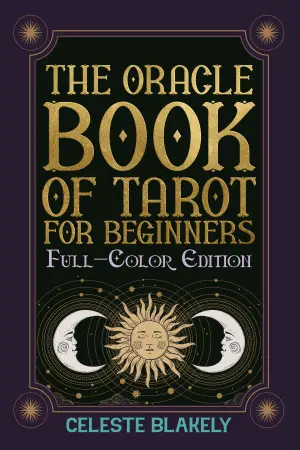Book Review: Brave New World by Aldous Huxley
As I settled down to read Brave New World, I couldn’t shake the feeling that I was stepping into a world both foreign and eerily familiar. Aldous Huxley’s masterpiece caught my attention not only for its reputation as a seminal work of dystopian fiction but also for the way it provocatively explores the contours of human existence in a society stripped of its essence. Admittedly, the echoes of Brave New World lingered in my mind long after I turned the final page, prompting an energetic discussion within myself about the very nature of happiness.
A Distorted Utopia
Huxley paints a world devoid of traditional structures such as families, emotions, and even history—all meticulously engineered to eliminate suffering, conflict, and chaos. While this may sound like a utopia, the absence of genuine human experience raises profound questions. Would you prefer a stable but soulless existence, or a chaotic life laden with love and learning? This gripping inquiry reverberated within me as Huxley forced me to confront my own beliefs about happiness and fulfillment.
The characters, though reminiscent of "programmed machines," are disturbingly relatable. I found myself fascinated yet detached from their lives, witnessing how societal conditioning shapes desires and thought processes. Huxley’s characters—shaped by the society they inhabit—reflect the idea that every generation experiences its unique struggles, leading to an almost cyclical critique of progress and complacency.
An Engaging Narrative Style
Huxley’s prose is both accessible and richly layered, allowing for a fluid reading experience despite its complicated themes. While the early chapters got bogged down by jargon related to genetics—topics that often lost me—I soon found my rhythm. One particularly exhilarating section features simultaneous conversations woven together, creating a rush that elegantly illustrates the dangers of repeated information shaping our beliefs. This clever narrative technique kept me on my toes, adding an unexpected dynamism to a story steeped in cautionary tales.
Moreover, the poignant reflections scattered throughout the text have remained etched in my mind. Huxley doesn’t write with the bitterness found in 1984; instead, he maintains a sense of curiosity and clarity that made me appreciate the depth of his critique. For instance, one excerpt resonated with me deeply: “Currently, the world is stable. People are happy; they have what they want, and they never desire what they cannot obtain.” This line encapsulates the novel’s grim realization about convenience and contentment versus genuine desire and need.
Book Recommendation
Brave New World is a relatively short but deeply thought-provoking read that invites you to reflect on the human condition, the essence of happiness, and the structures of society. It’s a book I would definitely recommend to anyone curious about the intricate balance of societal welfare and individual freedom—though it’s probably best saved for when one is not grappling with personal demons, as it might unwittingly lend validation to unhealthy escapes.
In summary, Huxley’s novel not only captivated me but also left me yearning for further exploration. It’s a text I know I will revisit, perhaps even crafting a podcast to dissect its themes further—an idea I never felt compelled to entertain until now. Whether you’re a seasoned reader or new to dystopian fiction, Brave New World will challenge your perception of happiness, leaving you eager to draw your own conclusions long after you’ve closed the book.
[ad_2]
Discover more about Brave New World on GoodReads >>






